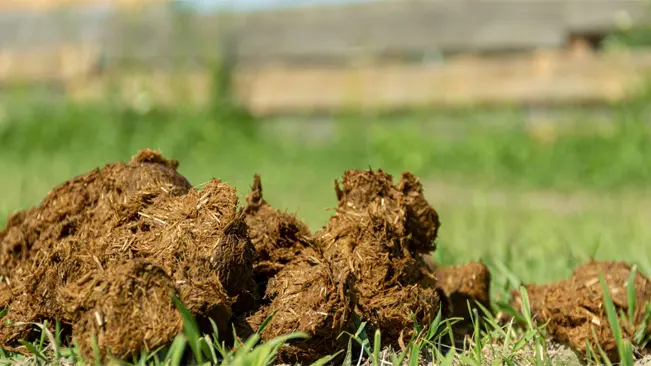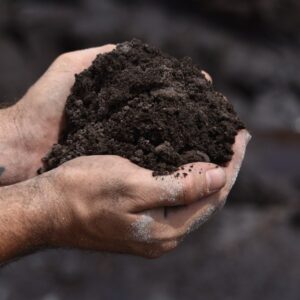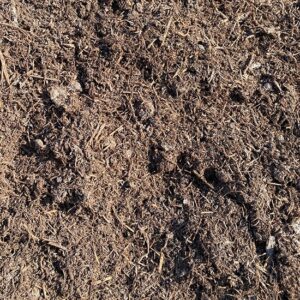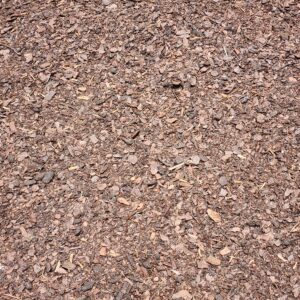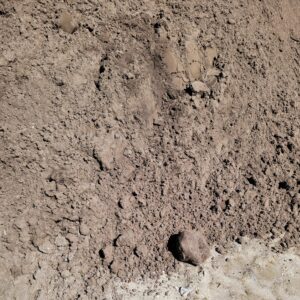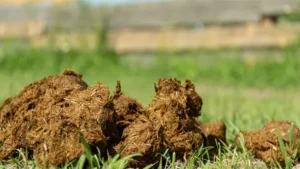

Horse Manure
Horse manure is a valuable resource for gardeners seeking to enrich their soil naturally. As an organic matter, it not only improves soil structure but also enhances nutrient content, aiding in the growth of healthier plants. This guide provides comprehensive insights into how to effectively use horse manure in your garden.
Advantages of Horse Manure in the Garden
- Nutrient-Rich: Horse manure is a good source of essential nutrients like nitrogen, phosphorus, and potassium, which are vital for plant growth.
- Soil Structure Improvement: It helps in improving the soil structure. By adding organic matter, horse manure increases soil aeration, enhances water retention, and facilitates better root growth.
- Enhances Microbial Activity: The organic matter in horse manure fosters microbial activity in the soil, which plays a crucial role in nutrient cycling and soil health.
- Weed Reduction: When used as mulch, horse manure can help suppress weeds, reducing the need for chemical herbicides.
- Cost-Effective: For those with access to horse manure, it can be a cost-effective alternative to commercial fertilizers.
- Environmental Benefits: Using horse manure in the garden recycles waste and reduces the reliance on chemical fertilizers, contributing to sustainable gardening practices.
FAQs (Frequently Asked Questions)
- What nutrients does horse manure provide to the soil?
Horse manure is rich in essential nutrients like nitrogen, phosphorus, and potassium. It also adds significant organic matter that improves soil health. - Can I use fresh horse manure directly in my garden?
It’s not recommended to use fresh horse manure directly because it can be too potent and may harm plants due to its high ammonia content. It’s better to compost it first. - How long should horse manure be composted before using?
Ideally, horse manure should be composted for at least three to six months. This duration allows for adequate decomposition and the reduction of harmful pathogens. - Can horse manure be used in vegetable gardens?
Yes, but it should be well-composted to reduce the risk of pathogens that can contaminate the produce. - Does horse manure attract pests to the garden?
If not properly composted, horse manure can attract flies and other pests. Well-composted manure is less likely to have this issue. - How do I make compost with horse manure?
Layer horse manure with carbon-rich materials like dry leaves, straw, or wood chips. Turn the pile regularly and maintain adequate moisture for effective composting. - Is horse manure better than other types of manure?
Each type of manure has its own benefits. Horse manure is particularly valued for its balance of nutrients and high organic matter content. - How often should I apply horse manure to my garden?
Typically, applying composted horse manure once a year is sufficient. However, this can vary depending on your soil type and the plants you’re growing. - Can horse manure burn my plants?
Fresh horse manure can burn plants due to its high ammonia content. Composted manure is much safer and unlikely to cause this problem. - How does horse manure affect soil pH?
Horse manure is generally neutral to slightly alkaline. It should not significantly alter soil pH levels if used in moderation and when fully composted.


